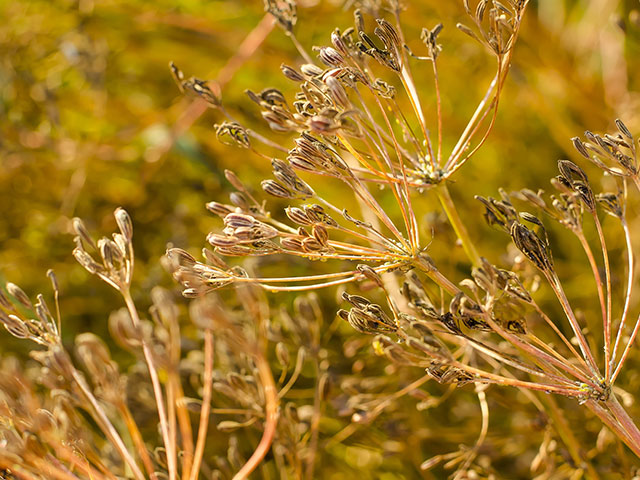Cumin, scientifically known as Cuminum cyminum, is a spice that has been cherished for its distinctive flavor and numerous health benefits for centuries. It is native to the eastern Mediterranean and has been used in culinary traditions around the world, adding depth and richness to dishes from the Middle East, Asia, the Americas, and beyond.
A Historical Perspective
Cumin has a rich history dating back to ancient civilizations. It was cultivated by the Egyptians over 4,000 years ago and is mentioned in both the Bible and ancient Sanskrit texts. This spice has made its way through trade routes, spreading its influence across continents.
Cultural Significance
Cumin holds a special place in various culinary traditions. It’s a key ingredient in Indian, Mexican, Middle Eastern, and North African cuisines. In India, it is an essential component of curry powder and garam masala, while in Mexico, it plays a vital role in chili and other spice blends. The distinct earthy, nutty, and slightly citrusy flavor of cumin adds depth and complexity to dishes, making it a beloved ingredient worldwide.
Culinary Uses
- Spice Blends: Cumin is a staple in many spice blends, such as curry powder, taco seasoning, and ras el hanout. These blends are used to season a wide range of dishes, from soups and stews to grilled meats and vegetables.
- Ground Cumin: Ground cumin is a popular spice for seasoning meats, rice, and legumes. It’s often used in marinades, rubs, and sauces to enhance the overall flavor profile.
- Whole Cumin Seeds: Toasted whole cumin seeds add a delightful crunch and aromatic flavor to dishes. They are commonly used in tempering, a technique in which spices are briefly fried in oil to release their flavors before adding them to dishes like lentils and rice.
- Cumin Tea: Cumin tea is a soothing beverage known for its digestive properties. It is made by steeping cumin seeds in hot water and is used as a natural remedy for indigestion and bloating.

Health Benefits
- Digestive Aid: Cumin is renowned for its digestive properties. It can help alleviate indigestion, bloating, and gas. It stimulates the production of digestive enzymes, which aids in the breakdown of food.
- Rich in Antioxidants: Cumin contains antioxidants that can help protect cells from oxidative stress. These compounds may have potential health benefits, including reducing the risk of chronic diseases.
- Anti-Inflammatory Properties: Some studies suggest that cumin may have anti-inflammatory effects, which could be beneficial for conditions like arthritis.
- Weight Management: Cumin has been studied for its potential role in weight management. It may help with weight loss by promoting feelings of fullness and enhancing metabolism.
Cumin is a versatile spice that has left an indelible mark on global cuisine. Its distinctive flavor, rich history, and numerous health benefits make it a valuable addition to any kitchen. Whether you’re preparing a fragrant Indian curry, a spicy Mexican chili, or a Middle Eastern rice dish, cumin’s earthy and aromatic notes will elevate your culinary creations. So, don’t hesitate to explore the world of cumin and savor the delightful tastes and health benefits it has to offer.


